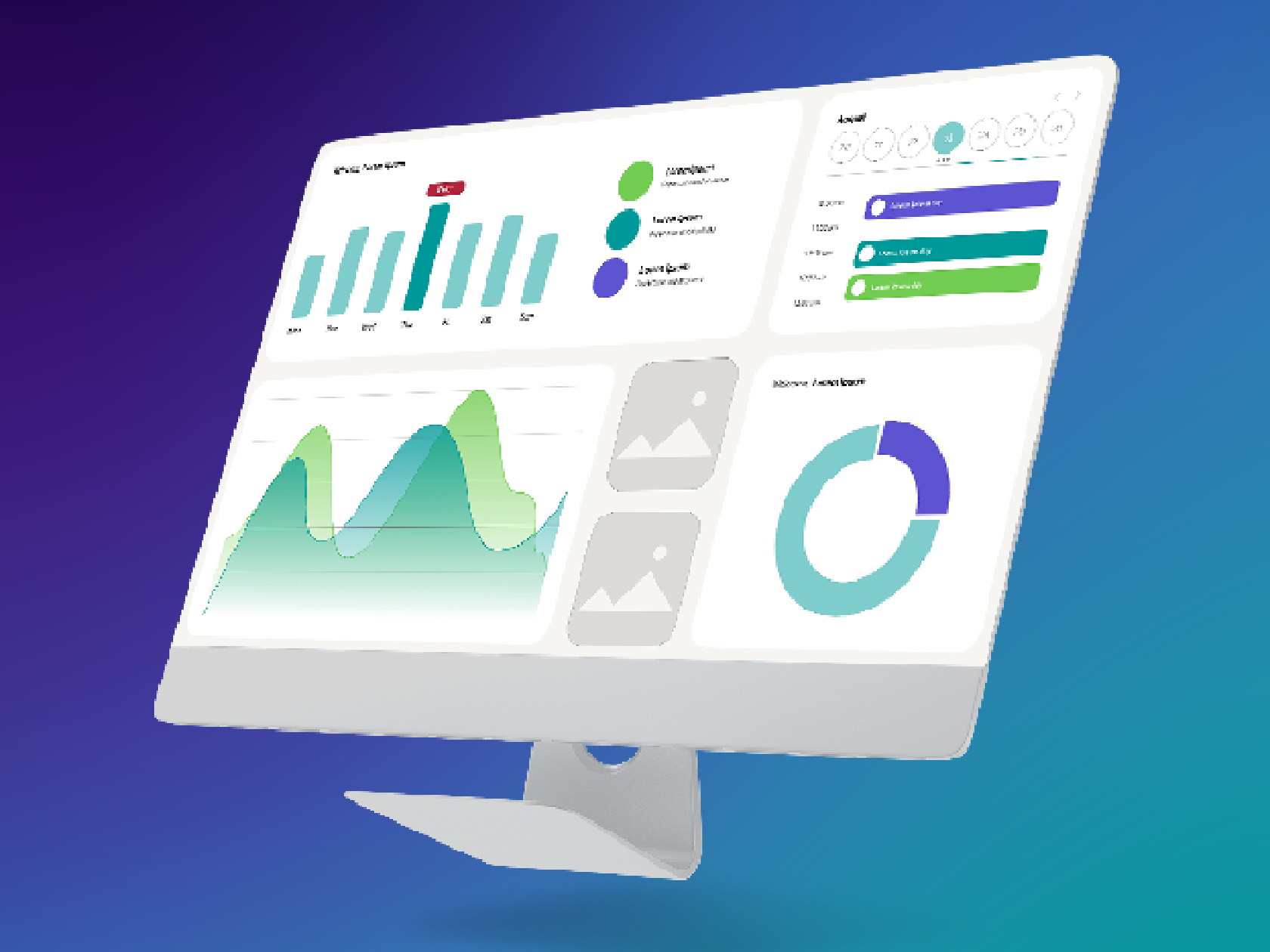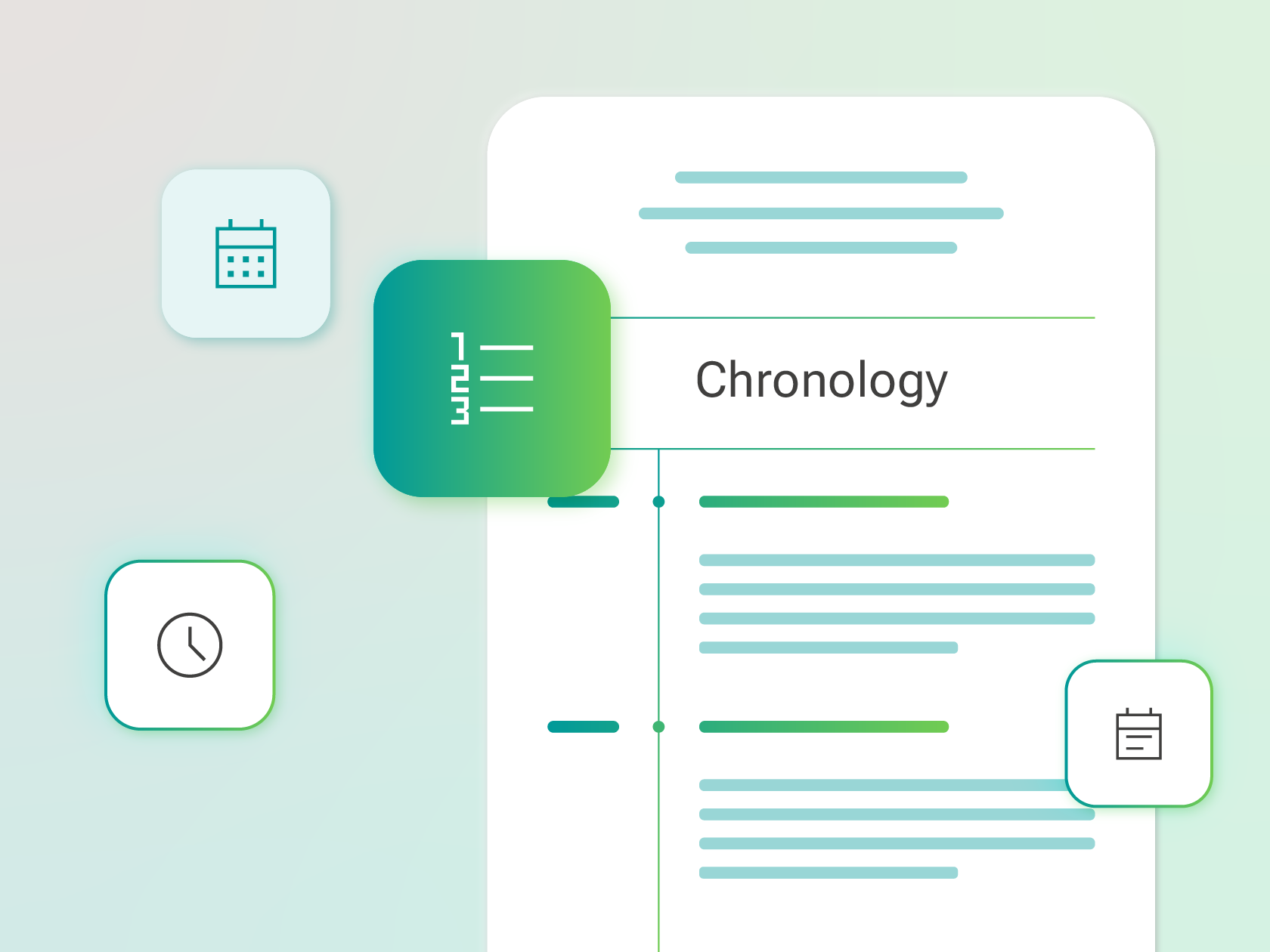Technology has permeated virtually every industry, and the legal sector is no exception. We’ll be breaking down the latest technological insights and emerging trends of 2024, highlighting how these advancements can optimise and streamline processes within the world of litigation.
Slow adoption but inevitable change
Despite the benefits of modern tech, many law firms aren’t jumping on board. A recent study revealed that just under one in three solicitors use basic law technology, such as contract review systems or legal databases. Surprisingly, a further one in three revealed they do not use legal tech at all or, if they do, only infrequently. Experts warn that those who stick to old ways will soon struggle to keep up.
Kevan Mahoney, Business Portfolio Manager at Walker Morris, emphasises that those who fail to embrace technological investments are “operating on borrowed time.” Clients are increasingly expecting legal firms to use technology to deliver better and more cost-effective services.
Cloud computing takes centre stage
More legal professionals are moving their operations to the cloud because it offers flexibility and accessibility, allowing teams to work from anywhere. This shift isn’t just about convenience; it’s about future-proofing operations and staying competitive in a rapidly changing landscape.
Managing workload challenges
Legal teams are facing increasing workloads without the budget to match. To cope, they’re focusing on streamlining processes and cutting down on distractions. But with so many apps and tools on the market, it’s easy to get overwhelmed. Finding ways to stay focused and efficient is key to staying ahead.
A recent survey found that general counsel expects workloads to increase by 25% over the next three years, yet 75% don’t expect budgets to keep up. This indicates a significant challenge for legal teams, who must find ways to do more with less. Investing in technology is crucial to overcome this obstacle as it helps reduce time wasted that could be better spent on more valuable tasks.
AI and automation: Changing the game
Artificial intelligence and automation are transforming legal work, making research and contract reviews faster and more accurate. With AI-powered tools becoming more accessible, legal teams can expect to see even greater efficiency in the years to come.
In 2024, AI will be essential for legal research, contract review, and the drafting of legal documents. Statistics from the Tech & the Law 2023 Report state that more than three in five corporate legal departments have adopted generative AI in some capacity, with 7% actively using generative AI in their daily work. With constant improvements to Large Language Models (LLM) by companies like OpenAI, Google, and Microsoft, 2024 will see more opportunities open for legal teams.
Analytics: Insights for better decision-making
Data analytics are giving legal teams valuable insights into their work, helping them identify risks and opportunities early on. By harnessing the power of data, legal professionals can make smarter decisions and improve their overall performance.
Metrics and analytics will continue to develop, providing in-house counsel with valuable insights to help them identify potential issues before they arise. This means making predictions about potential problems with contracts, breaking rules, or getting involved in legal disputes. By keeping an eye on these forecasts regularly, law firms will find it easier to deal with risks and strategise effectively.
Collaboration is key
Innovation in legal tech isn’t happening in isolation. Law firms are teaming up with tech companies to develop new solutions and improve existing ones. By working together, they can create tools that meet the specific needs of legal professionals and their clients.
Ben Allgrove, Chief Innovation Officer at the global law firm Baker McKenzie, anticipates that the majority of AI utilisation within his firm will originate from their current software vendors, such as Lexis Nexis or Microsoft 365. Commenting for the BBC, Mr. Allgrove said, “We already use LexisNexis and Microsoft, and they will increasingly get capabilities driven by generative AI, and we will buy those things if they make sense and are at the right price.”
Fighting fraud with machine learning
Machine learning is also making its mark in healthcare law, particularly when it comes to fraud detection. By analysing large datasets, machine learning algorithms can spot suspicious patterns and alert legal teams to potential threats. This proactive approach helps organisations stay one step ahead of fraudsters.
According to Experian’s 2023 UK Identity and Fraud Report, “more than a third of organisations are looking to build ML capabilities into their fraud identification and prevention strategies.” Machine learning surpasses rules-based fraud models because it can detect both familiar and unfamiliar patterns within extensive datasets.
The future of legal tech in healthcare is bright, with technology playing a central role in driving efficiency and innovation. By embracing new tools and techniques, legal professionals can stay ahead of the curve and deliver better outcomes for their clients.
To find out how our platform can streamline your case management visit www.medbrief.com





